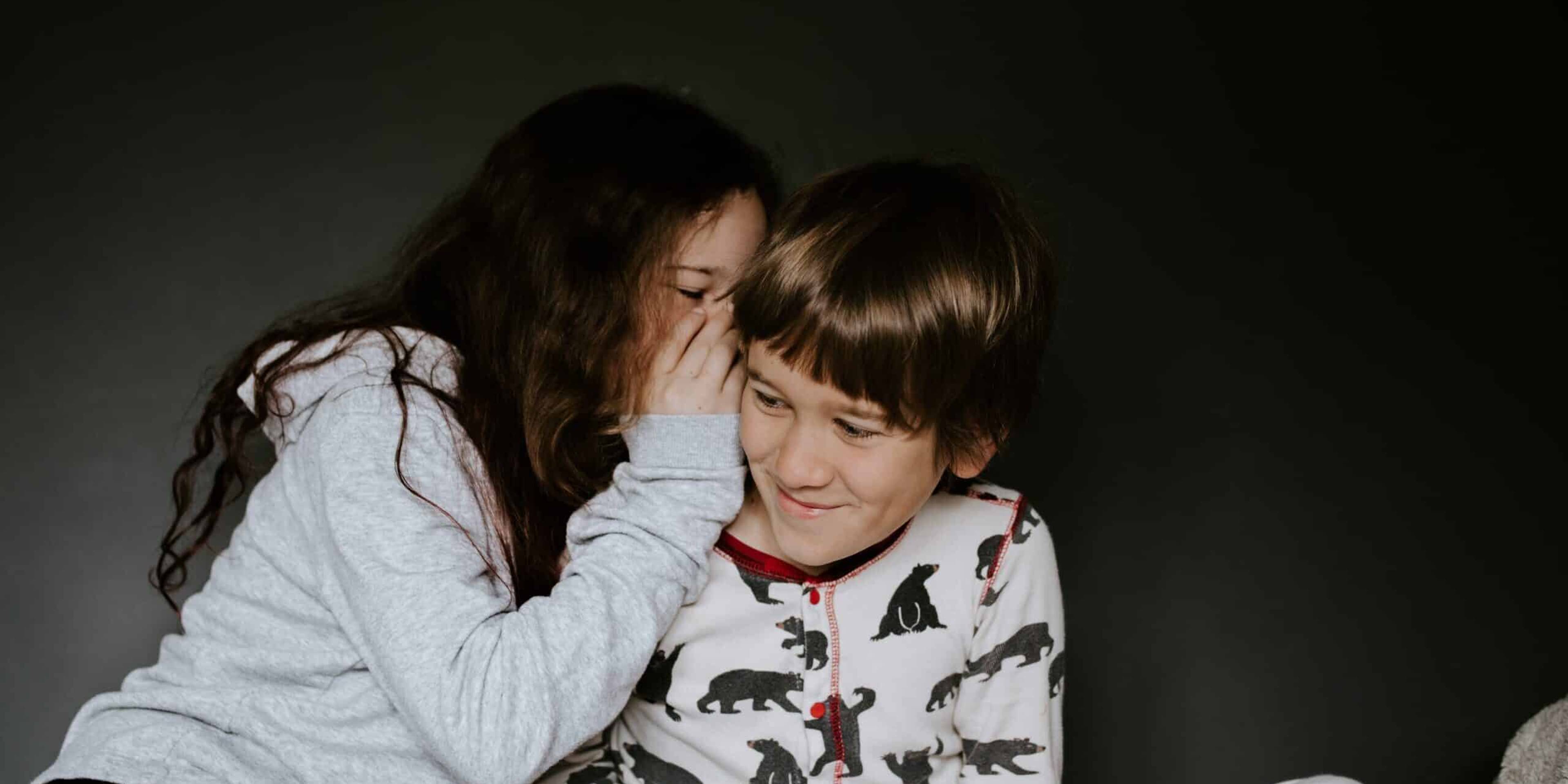March 11, 2020
Supporting Siblings
By Dr Kathy Weston

Reflect
I have been thinking about sibling relationships this week and how important it is that we pay greater attention to dynamics between our offspring within family life.
In families with more than one child, siblings are generally each other’s most frequent companion, spending 28% of their out-of-school time together. This is more than they spend with their parents.
I recentlyinterviewed one of the world’s experts on sibling research, Professor Susan McHale, who pointed out that the relationship is often an emotionally intense one, characterised by a no holds barred, uninhibited quality, that differs from relationships between friends.
Poor sibling relationships can be a predictor of poorer mental health in adulthood, as well as other emotional and social issues. Even for university students (no longer living with their brothers or sisters), sibling conflict remains a significant predictor of depression, loneliness and low self-esteem (Hughes, 2017). It seems like a cascade of events that start in early childhood can lead to long lasting problems. McHale urges us to pay close attention to sibling dynamics from the earliest opportunity.
Motivate
So what do we need to do? Take a proactive approach; we need to guide our children towards having and maintaining a healthy sibling relationship.
Siblings have a strong sense of injustice and perceived unfairness. To combat this, articulate family rules, and discuss the consequences for breaching them. You may need to have slightly different rules due to children’s ages, but make sure that they understand why. Research shows that unexplained differential treatment is strongly linked to both internalising behaviours (anxiety and withdrawal) and externalising behaviours (like aggressiveness and disruptiveness). However, when children understand the reasons for different treatment, they respond more positively.
When arguments arise, listen fully to what one child has to say, and give the other child exactly the same time to give their side of the story. Help them to problem-solve when they argue, rather than simply asking them both to be quiet. Imagine they are colleagues involved in a spat; stay neutral, but committed to helping them find a constructive way through.
When green shoots appear in the sibling relationship, give positive feedback. Praise your children for their ability to work things out, get along and listen to one another.
Support
You know where the fault-lines might be in the sibling relationship. You know when and where they are most likely to argue (in our house, it is when the eldest is hangry (hungry and angry).
Pre-empt these scenarios as best you can. Cultivate opportunities for your children to cooperate together for a common cause. Do things that are fun together as a family. We know that siblings report better sibling relationships when they spend time with their brother or sister(s) in the presence of the parent(s).
Remember the influence you have on this critical, lifelong relationship. As McHale remarks, “the sibling relationship is a treasure for children to take with them throughout the rest of their lives”.
Are you a Tooled Up member?
If you are a registered member of the Tooled Up community, click here to explore our library of resources.